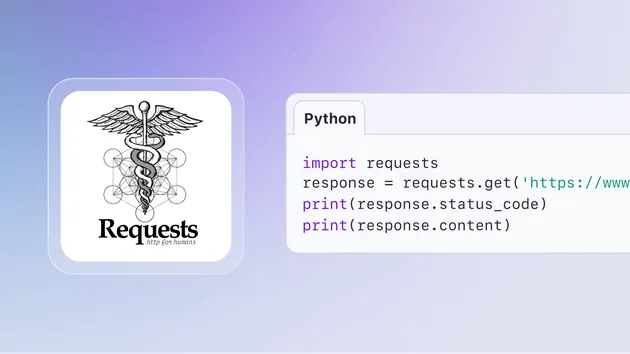Linkedin Network Requests - List / Add / Remove
Pricing
$20.00/month + usage
Linkedin Network Requests - List / Add / Remove
Under maintenanceSEND / REMOVE / LIST batch of linkedin connection requests. Recommended to call the actor once a day when ADDing. The script has a hard limit of 20 successfull connections requests per run. Linkedin has weekly limits setup (100-200) recommended usage: One run per day with 15-20 automated connection
5.0 (1)
Pricing
$20.00/month + usage
14
88
13
Issues response
2.2 hours
Last modified
14 days ago



